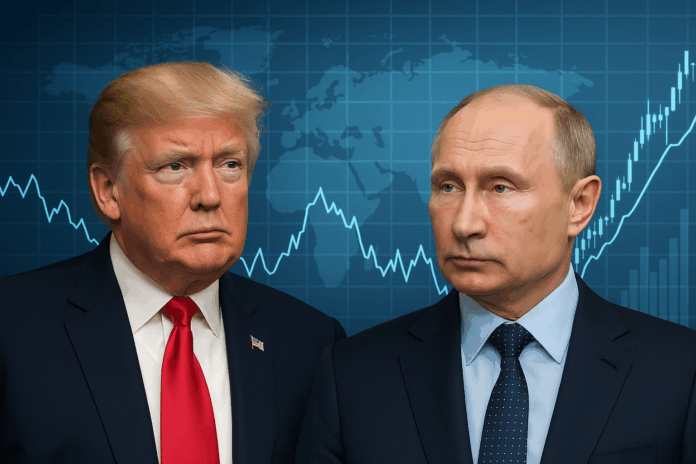“Moscow calls for peace”, these words, calmly spoken by Andrey Lugovoy in a Telegram video published on 20 October 2025, swiftly unsettled international markets. The message didn’t come from a diplomat but from a man deeply entrenched in Russia’s security state: a former KGB agent, a Duma deputy, and a controversial figure in the West due to his connection to the Litvinenko affair.
This was no improvised speech. The video appeared first in niche Telegram groups aligned with nationalist circles before gaining traction among OSINT communities. Our own OSINT investigators flagged it early as a minor shockwave in an already tense geopolitical climate. Lugovoy’s status, unofficial yet undeniably close to the Kremlin, gives this message outsized weight in the information economy.
A Weak Signal with Real Economic Echoes
Since the beginning of the Ukraine conflict, markets have learned to decipher indirect signals from the Kremlin. Lugovoy’s call doesn’t announce peace negotiations, but it may reflect a strategic recalibration, likely shaped by the economic toll the war has taken on Russia.
Even the mere suggestion of de-escalation can move markets. Gas futures dipped hours after the video surfaced. The rouble gained modest ground. Defence stocks softened. It’s not so much about whether Lugovoy is believed, but about the possibility that he speaks with sanctioned intent, a message released to test reactions, both domestic and international.
A New Economic Outlook on the Horizon
Should this rhetorical opening evolve into tangible action, the economic consequences would be far-reaching. Energy price expectations would shift. European defence budgets — strained by three years of escalation — could face political reconsideration. Trade flows might slowly tilt eastward once again.
Even as an isolated signal, the Lugovoy episode reminds us that financial sentiment responds not only to facts but to anticipations of inflection. And in this case, “Moscow calls for peace” may not be a conclusion, but the tentative beginning of a repositioning. One that, if confirmed, could redefine the post-conflict economic architecture of Europe and beyond.
Full video here 👇


